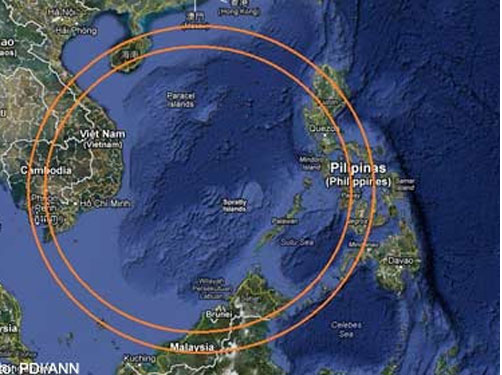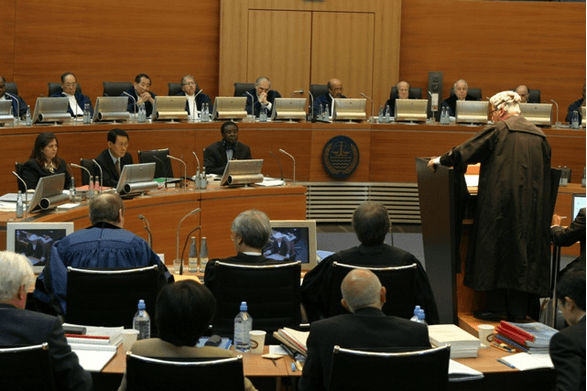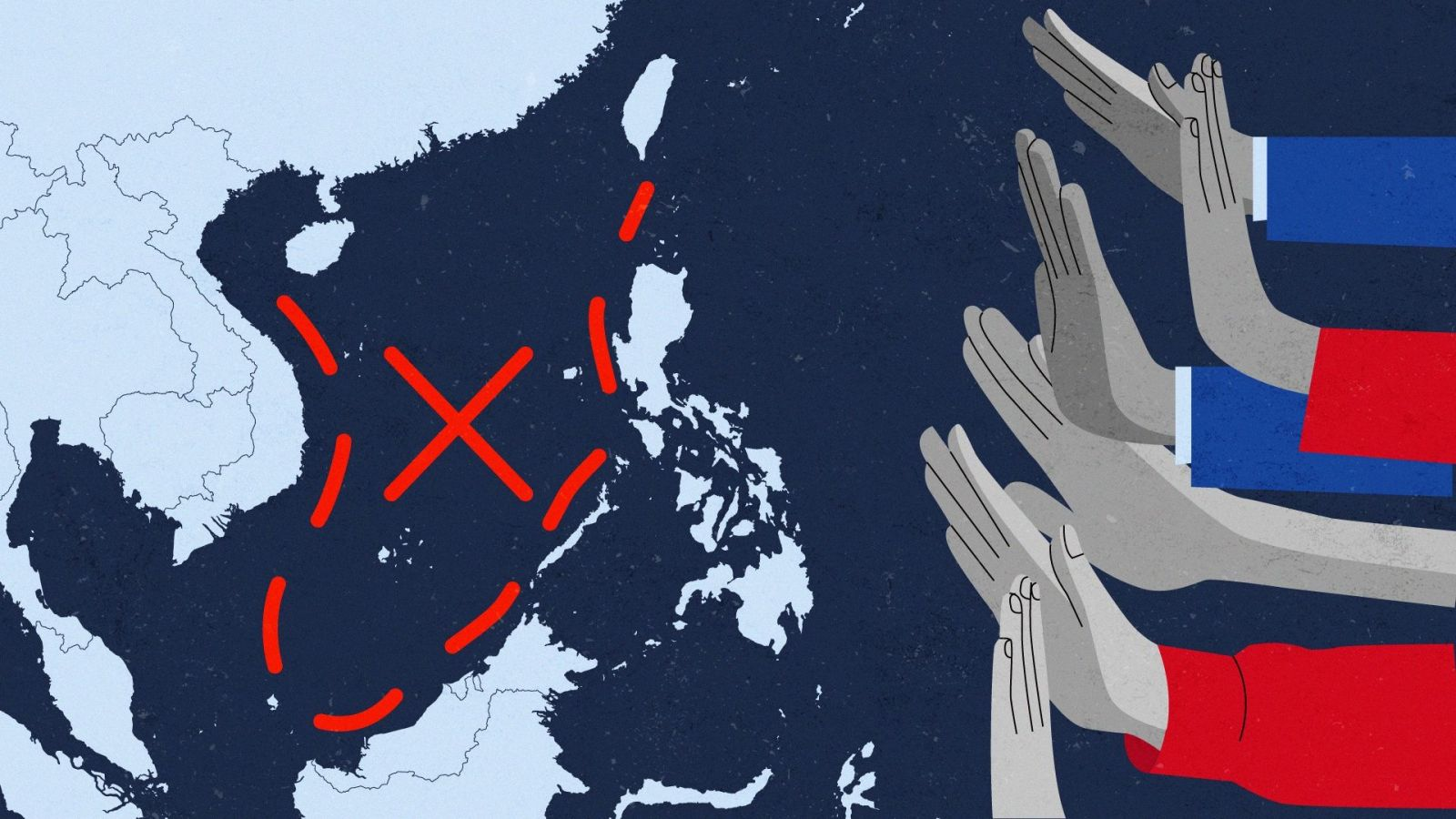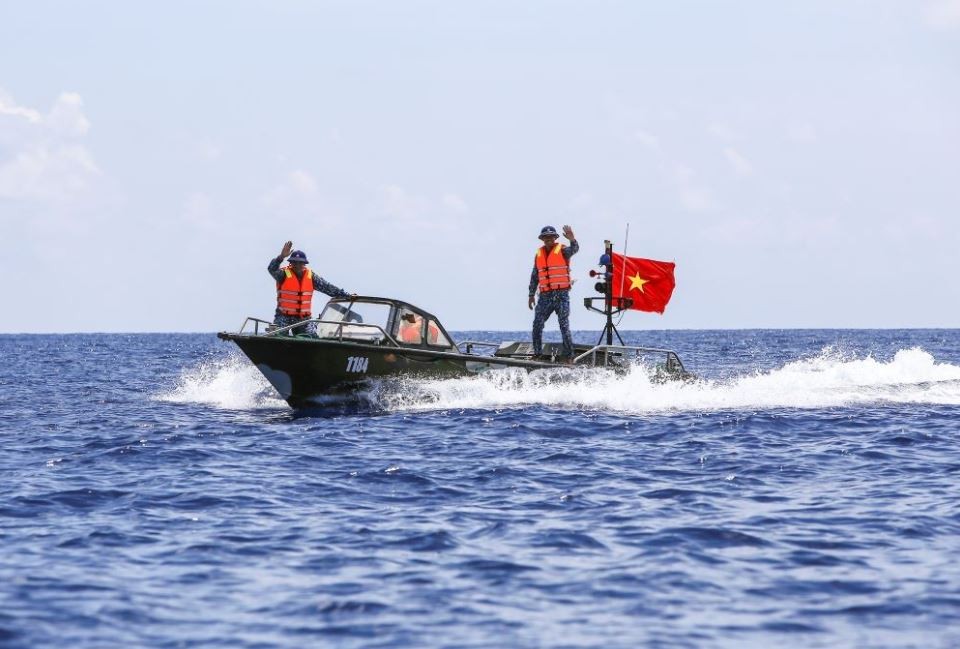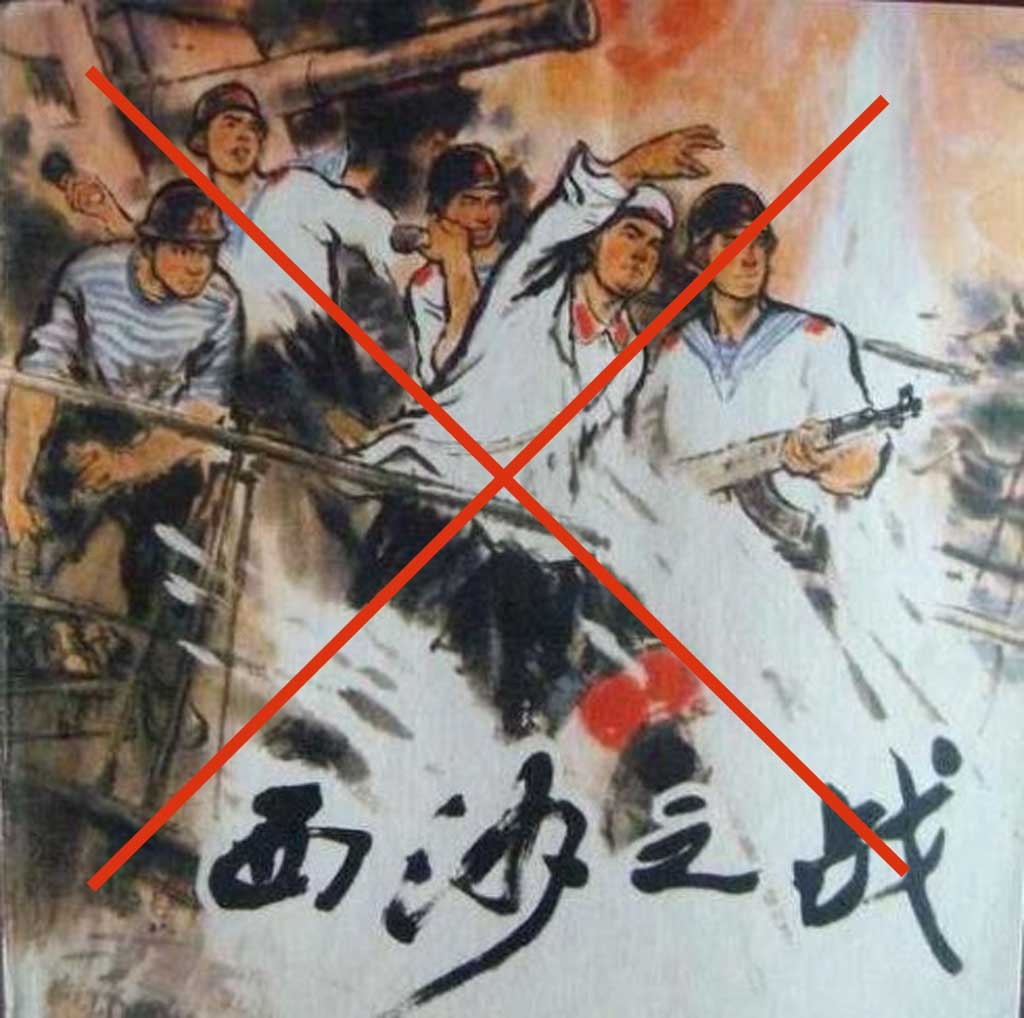The Truth About The South China Sea: A Voice From Vietnam (Part V)
US-China strategic competition in the South China Sea and the slogan “Asia for Asians”
China has often criticized US interference, describing it as the main cause of the heated and complicated situation in the South China Sea. Yet, the US’s role should be seen and evaluated in the light of specific developments in the region and its approach to the issue.
According to many international experts, one of the China’s immediate strategic objectives in the roadmap of becoming a maritime superpower is to establish its monopoly over the South China Sea by controlling the ‘first chain of islands” and implementing the A2/AD strategy to minimize the role of the US and other countries in this area.
It is not difficult to understand that US re-involvement in the region is first and foremost also determined by US interests, namely containment of China, maintenance of US influence in East Asia, and preservation of its predominance in the world.
Meanwhile, countries in the region all share an aspiration for the maintenance of peace, stability, cooperation and development, and are averse to being drawn into big-power competition. That is why many ASEAN countries have expressed the concern that confrontation and strategic competition between the US and China might increase tension and instability in the region, and they are not willing to choose between the US and China, still less to ally with the US against China.
However, actual developments in the current regional situation, in particular China’s claims and behavior in the South China Sea, have increased the anxiety of the regional and international community. China’s concerted and rapid moves to increase its military strength and speed up militarization in the South China Sea have led to serious imbalances in the regional co-relation of forces, with China holding absolute supremacy. Among countries bordering the South China Sea, China alone possesses nuclear weapons and aircraft carriers. Its defense expenditures and military might, including the navy and air force, have increased much more rapidly than those of the other coastal states, and are many times larger than the combined strength of all the latter.
You may argue, as an explanation, that China is a big country with 1.4 billion inhabitants and the world’s second largest economy, but you may also imagine what would be the outcom when such a power superiority is used for the materialization of China’s ambitious claims in the South China Sea. Also, you may ask yourself why has China so rapidly developed landing ships and militarized banks and rocks in the high sea, while there is certainly no country that is foolish enough to attack features currently occupied by China. Such a thing also has not occurred throughout the past more than 70 years, during which China has been the sole country using armed force to attack and occupy islands belonging to others.
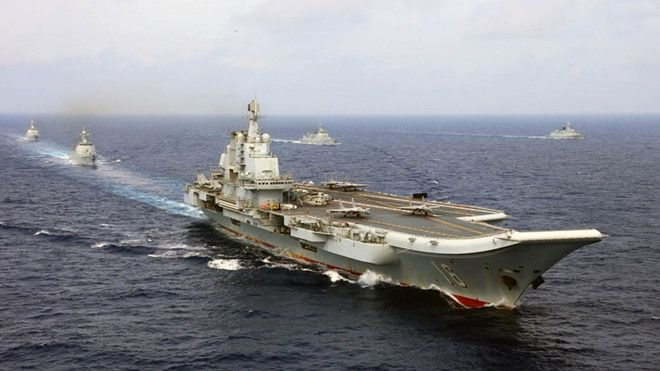 |
| China's Liaoning aircraft carrier in the South China Sea (JPEG image) |
Paradoxically, while standing opposed to a US "unipolar" order in the worlld, China itself seems to be trying to impose its own "unipolar" order in East Asia, particularly in the South China Sea. While often upholding multilaterism and international law in many global issues, China has opted for a quite opposite position in relation to not a few regional issues, especially the South China Sea. China’s constant obstruction to the “multilaterization” of the South China Sea issue, its rejection of the Permanent Court of Arbitration’s ruling on the Filipino lawsuit, its then Foreign Minister Yiang Jiechi’s July 2010 comment on “big country / small countries”, and Chinese Foreign Ministry spokesman Zhao Lijian’s May 12, 2020 statement that "Vietnam has no right to comment on China's fishing ban in the South China Sea" are just some of the many examples of China’s real attitude on its relations with neighboring countries and its approach to a regional order.
China’s slogan "Asia for Asians" has been viewed as targeting the exclusion of all extra-regionalpowers, thus enabling the consolidation and maintenance of a Monroe-doctrine-style unipolar order in this region under China's domination. And this has given rise to much doubt and suspicion about the actual essence of the "community with a shared future" that China is eagerly inviting other countries in the region to join.
It should be noted that the role and approach of the US with regard to the South China Sea are considerably different from its role and approach regarding many other issues, and from China’s. First, the US has no sovereignty ambitions or claims in the South China Sea. Second, although the US has in many cases violated international law and has not joined the United Nations Convention on the Law of the Sea, it has been, in connection with the South China Sea, for respect of and abidance with international law, for maintenance of freedom of navigation and overflight, and against unilateral control of the South China Sea. And this corresponds with the positions and shared interests of regional countries,
Meanwhile, the South China Sea constitutes an international water area of great importance for the entire world, and maintaining peace and stability there, and ensuring safety and freedom of navigation in and overflight above it in line with international law represent the common interests and responsibility of not only coastal countries but the whole international community as well. China’s ambitious claims and its unilateral use of force to impose its control over the South China Sea pose not only a threat to the sovereignty of coastal countries but also a challenge to international law and the common interests of all countries.
Above are the main reasons for regional countries to welcome constructive and responsible contributions from all countries in the international community on the South China Sea issue (whileChina’s position is just the opposite). This does not mean any attempt to motivate, or ally with, the US or other countries against China. Quite the contrary, all countries wish to maintain and develop cooperative and friendly relations with China, and are opposed to any provocation and act leading to tension and confrontation; all infringements upon the independence, sovereignty, unity and territorial integrity; or any interference in the internal affairs of other countries, China included. The ASEAN Statement on maintaining peace and stability in Southeast Asia dated August 8, 2020 once more reiterated its commitment to a region of peace, security, neutrality and stability, and to values in line with international law. What is most aspired for is that big countries should serve as examples with a responsible behavior and full respect for the fundamental principles of the United Nations Charter and other instruments of international law, and that China should act in line with its promise on “mutual trust, mutual accommodation, mutual benefit and mutual assistance” in its relations with neighboring countries as well as its leaders’ oft-repeated commitment “never to become a hegemon”./.
By Tran Minh (VPDF)
To be continued
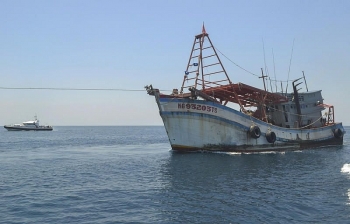 | Malaysia requested to treat detained Vietnamese fishermen humanely Vietnam has asked Malaysia to treat detained Vietnamese fishermen humanely and handle issues relating to Vietnamese fishermen and fishing vessels in line with international law, ... |
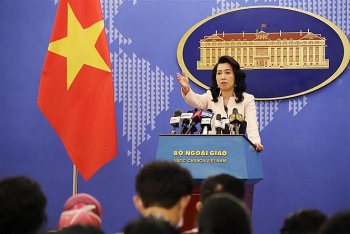 | China again deploying bomber to Paracel and violating Vietnam’s sovereignty over the archipelago China’s deployment of weapons and fighter aircraft to Hoang Sa (Paracel) archipelago not only is a violation of Vietnam’s sovereignty but also further exacerbates the ... |
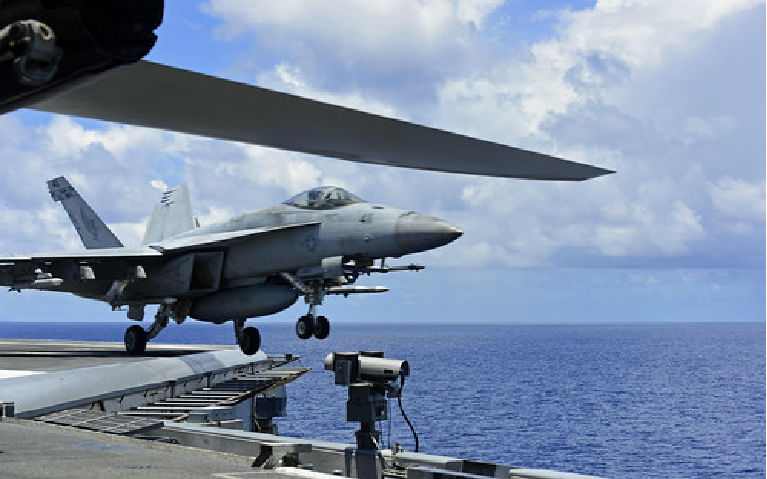 | US sends strike group to South China Sea (Bien Dong Sea) for flight drill The Ronald Reagan Carrier Strike Group entered the South China Sea (called Bien Dong Sea) on August 14, and conducted maritime air defense operations in ... |
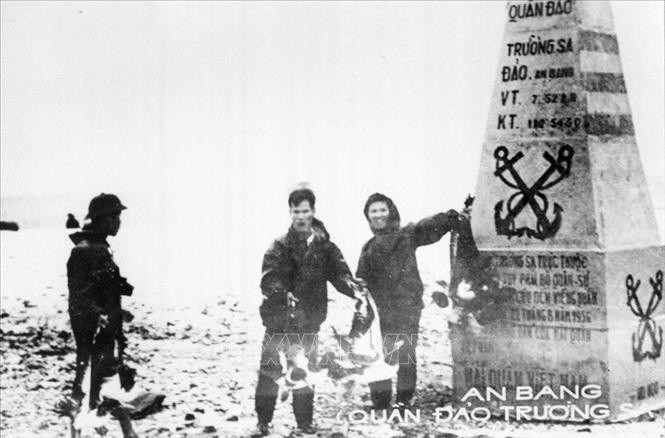 Focus
Focus
Truong Sa (Spratly) 1988 - Dossier on Historical Incident: Diplomacy and Reality
Recommended
 Seas and islands
Seas and islands
Celebrating the Lunar New Year on Truong Sa Island
 Seas and islands
Seas and islands
Lam Dong Resolves 100% of Fishing Vessels Losing Monitoring Connection in IUU Crackdown
 Seas and islands
Seas and islands
Tet Filled with Solidarity Between Army and People on Phu Quoc Island
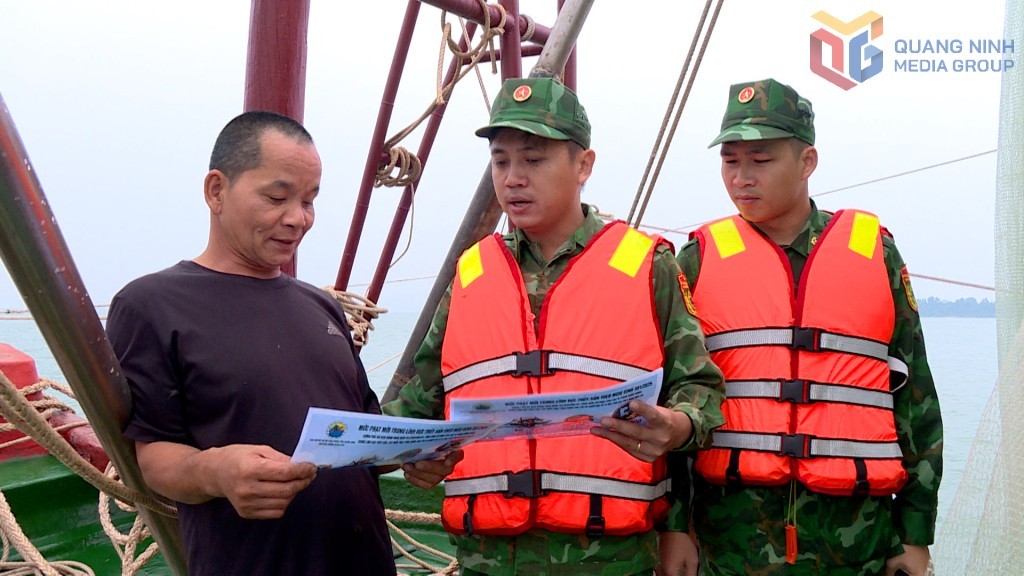 Seas and islands
Seas and islands
Quang Ninh Steps Up IUU Crackdown Toward Sustainable Fisheries
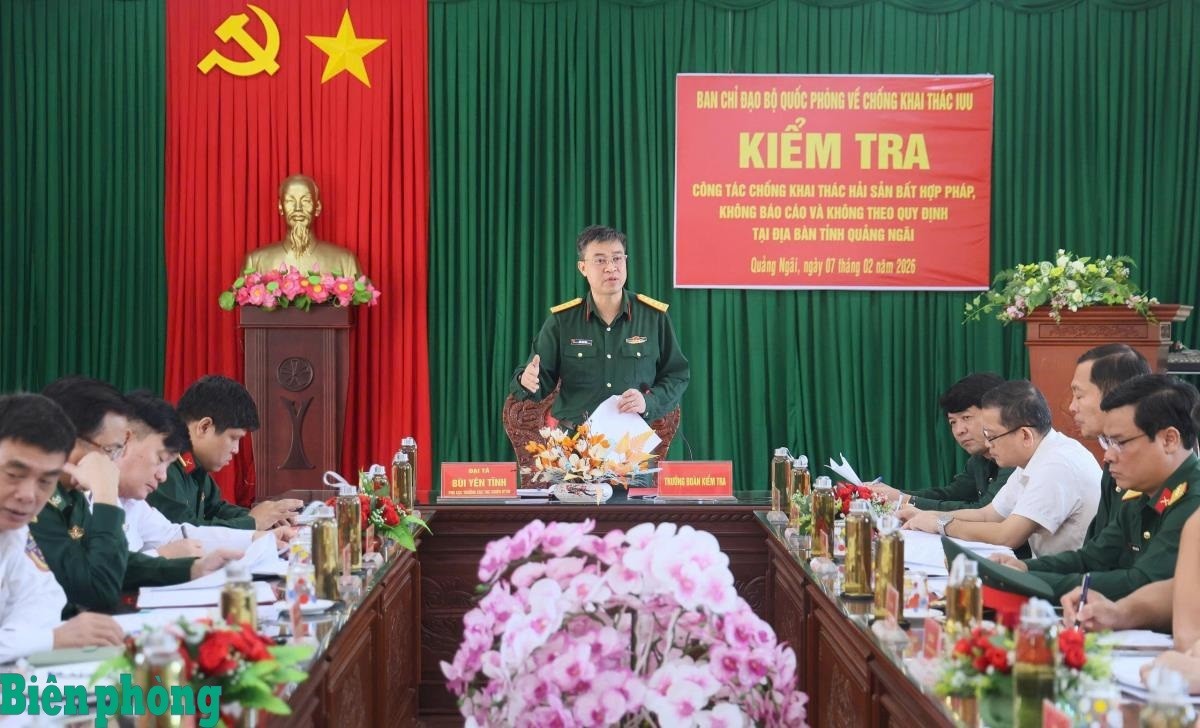 Seas and islands
Seas and islands
Defense Ministry Delegation Inspects IUU Prevention in Quang Ngai
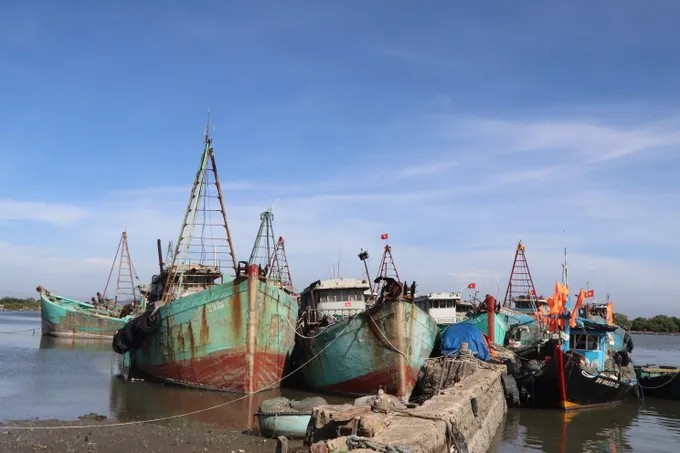 Seas and islands
Seas and islands
Ministry of Science and Technology Reviews Tech Infrastructure to Combat IUU Fishing in Ho Chi Minh City
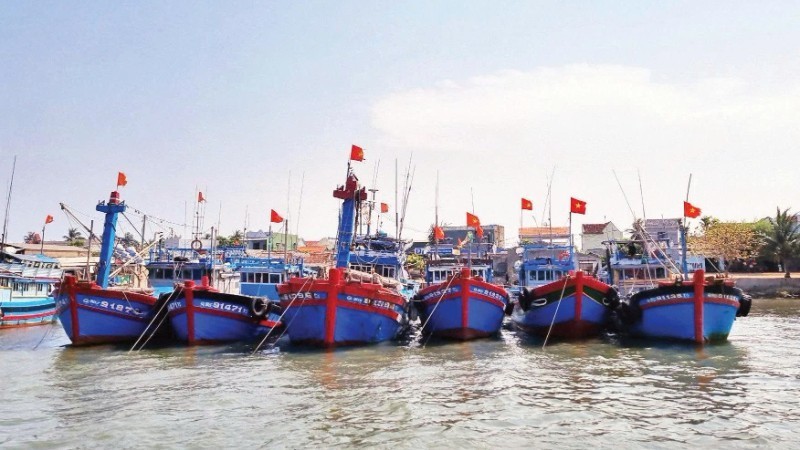 Seas and islands
Seas and islands
Quang Tri Advances Sustainable Fisheries Through Fishing Vessel Conversion Plan
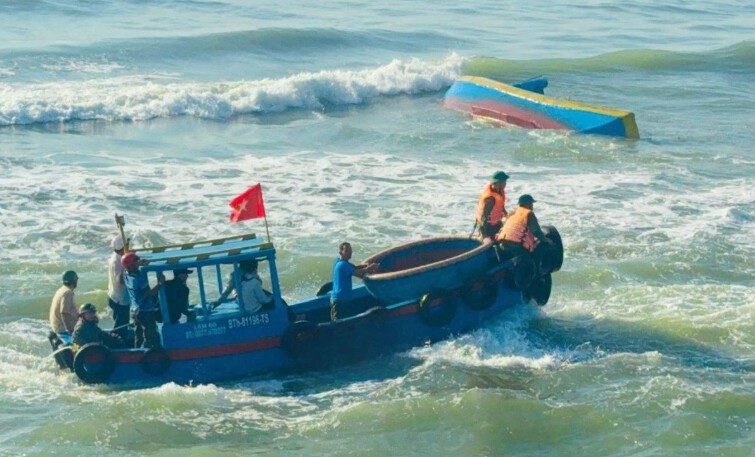 Seas and islands
Seas and islands

